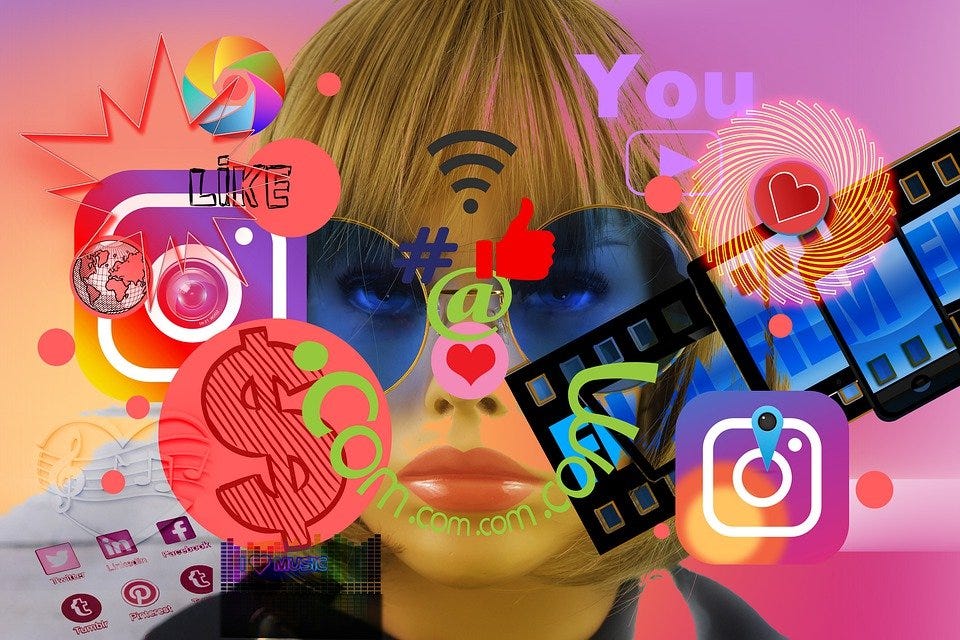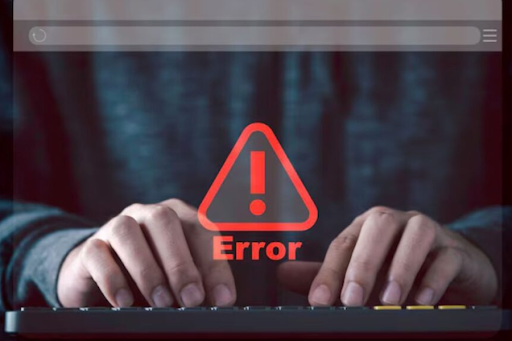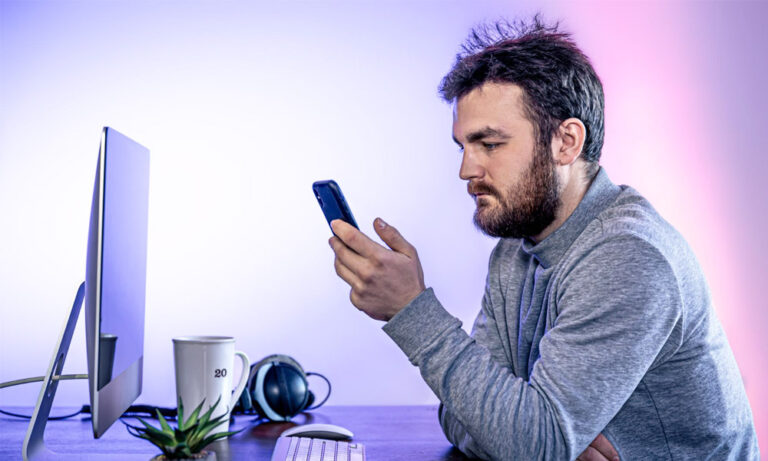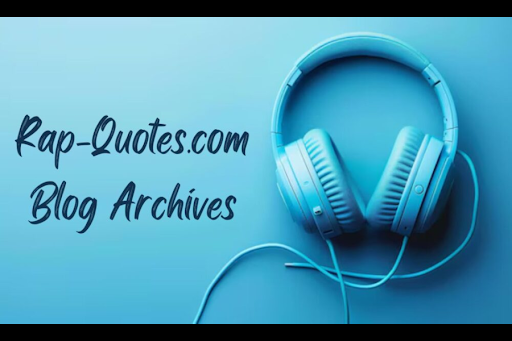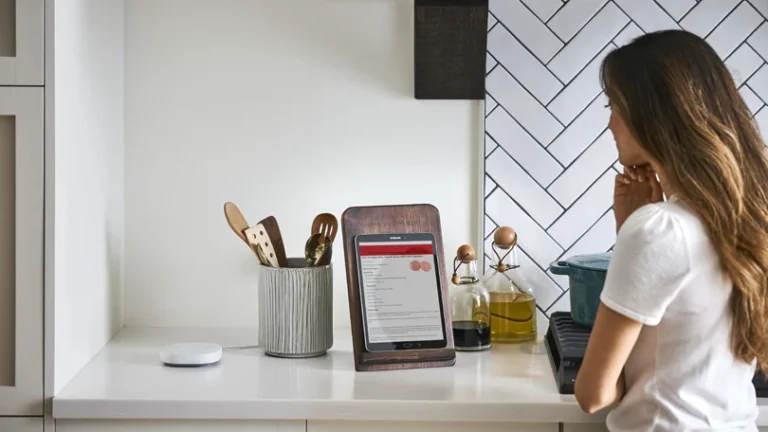The Dark Side of Brand Deals: What Influencers Don’t Talk About
Brand deals are often seen as the ultimate goal for many influencers. They represent financial success, recognition, and validation in a crowded digital space. From skincare to energy drinks, fashion to fitness apps, influencer-brand partnerships are everywhere. But behind the perfectly edited Instagram posts and upbeat YouTube integrations lies a much less talked-about reality.
For many influencers, brand deals come with silent pressure, unfair contracts, and ethical dilemmas. Here’s a closer look at what rarely gets shared publicly.
The Pressure to Perform
Once a brand deal is secured, the real work begins. Influencers are often expected to deliver a certain number of posts, maintain specific messaging, and hit engagement targets. Many creators feel the constant pressure to perform — not just for their audience, but for the brands that pay them.
The fear of not delivering results can be overwhelming. A post that underperforms might mean losing a future deal. Some influencers admit to boosting their engagement artificially or over-editing their content just to meet expectations.
Contracts That Don’t Favor Creators
Brand partnerships usually come with contracts, but not all influencers have legal support to review them. As a result, many end up signing agreements that heavily favor the brand. Clauses may include restrictions on working with competing brands, creative control over content, or even penalties for missed deadlines.
In some cases, influencers have reported not being paid on time — or not being paid at all. Others have found themselves locked into long-term contracts that limit their creative freedom.
Unrealistic Expectations
Many influencers agree to deals that sound exciting at first, only to realize later that the expectations are far from realistic. Brands may ask for tight turnaround times, multiple revisions, or content that doesn’t align with the influencer’s usual style.
This creates a disconnect between influencers and their audience. Followers can tell when content feels forced or inauthentic. But what they don’t see is the pressure behind the scenes to meet the terms of a deal, even if it compromises the influencer’s personal brand.
Ethical Dilemmas
Not every brand is a good match. Some influencers have shared stories of being asked to promote products they didn’t believe in — or even ones they hadn’t tried. While some turn down these offers, others feel financially cornered and agree, leading to guilt and regret.
There are also growing concerns about influencers promoting health products or financial advice without proper knowledge. The audience trusts them, and when something goes wrong, the blame can fall heavily on the creator.
Impact on Mental Health
Juggling multiple brand deals, content schedules, and the constant need to maintain a positive image takes a toll. The hustle behind influencer life is rarely discussed. Many creators experience burnout, anxiety, or even lose interest in their craft because the business side starts to overshadow the creative side.
Being “on” all the time can feel like a performance with no intermission. And when content is tied to income, the pressure only builds.
Why It’s Hard to Speak Out
Most influencers stay quiet about these challenges. Speaking negatively about a brand can risk legal action or ruin future opportunities. Others worry that being honest might make them seem ungrateful or unprofessional.
This silence creates a false image that brand deals are all upside — when in reality, they often come with hidden struggles.
Final Thoughts
Brand deals can be a great way for influencers to monetize their platforms, but they aren’t always as glamorous as they appear. Behind every polished post is a mix of excitement, pressure, and compromise.
As audiences become more aware, they’re starting to ask better questions — not just about the products being promoted, but about the reality behind influencer partnerships. And as more creators open up, it’s becoming clear that the business of influencing is far more complex than most people realize.
